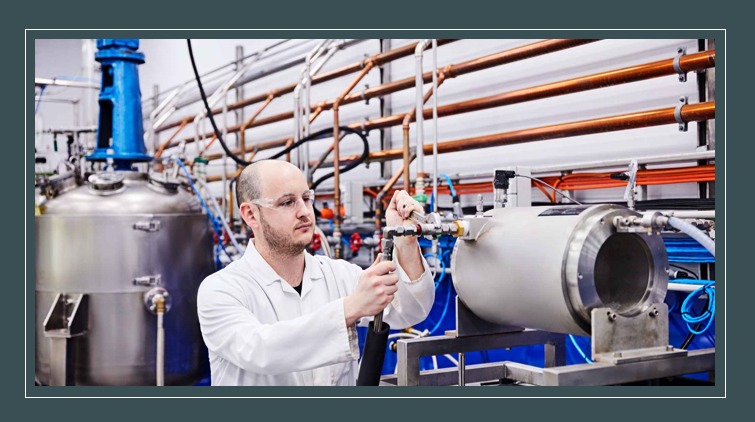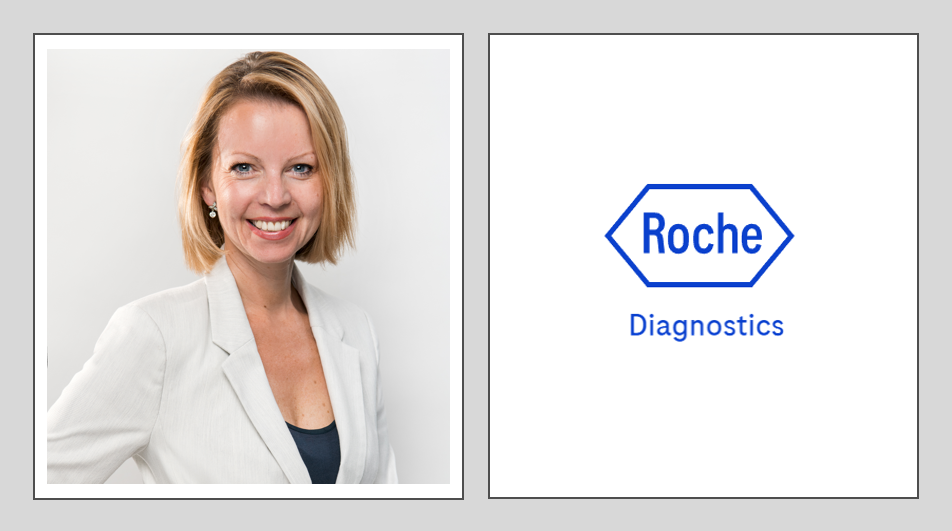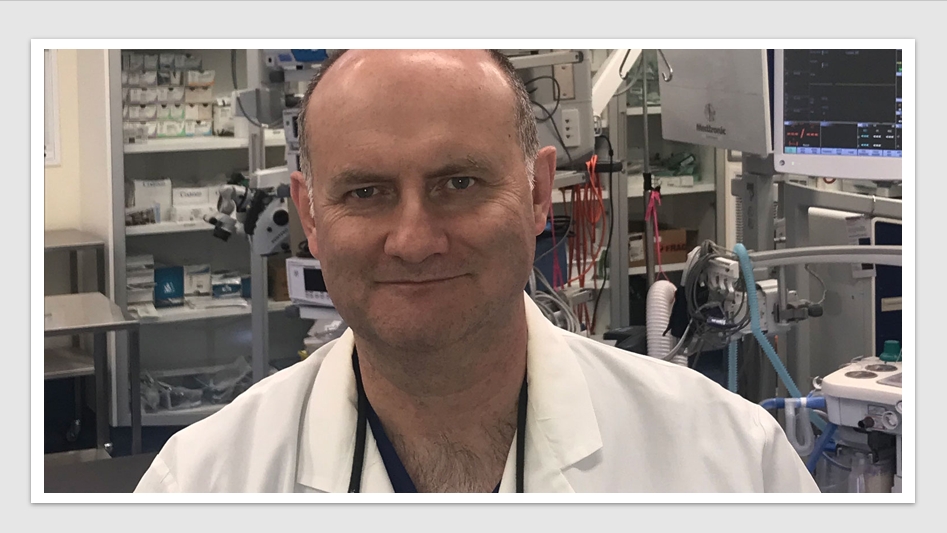News & Trends - Pharmaceuticals
Can we guarantee supply of essential drugs in a global crisis?

Pharma News: Australia may soon be able to produce essential drugs, including anaesthetics and treatments for antibiotic resistant superbugs, rapidly and entirely onshore, ending the need to import them.
A collaboration between Melbourne chemical company Boron Molecular and DMTC (formerly the Defence Materials Technology Centre) is testing a new system capable of synthesising drugs at scale, quickly and continuously.
“The system uses a method known as ‘flow chemistry’,” said Boron Molecular’s Director of Business Development, Dr Oliver Hutt. “It should give us the sovereign capability to produce life-saving drugs right here. We’ll be able to avoid supply chain delays from foreign manufacturers.”
The World Health Organisation publishes a list of medicines considered essential for public health and disease treatment. These include antibiotics, antivirals, plasma substitutes and treatments for a wide range of conditions such as migraine, tuberculosis, cancers and heart disease.
The new system means that Australia will have the capacity to produce many, even most, of them onshore. They include:
- Lidocaine, a local anaesthetic
- Praziquantel, a critical treatment for parasitic worms
- Rifampicin, for treating leprosy
- Linezolid, an essential treatment for the superbug methicillin-resistant staphylococcus aureus (MRSA), and drug-resistant tuberculosis.
“Australia doesn’t have the capacity to produce these domestically at short notice,” Dr Hutt said.
“That means we are subject to supply and cost issues on the other side of the world. This approach, if successful, means we can create the materials right here – making our medical system more flexible, more controllable and more resilient.”
Flow chemistry has been pioneered in Australia by the national science agency, CSIRO, and the CSIRO team is also supporting the DMTC project.
The method uses a precise balance of thermal and ingredient input controls that enable a chemical reaction to occur continuously. The process is often safer, more precise, and less expensive than traditional batch manufacturing.
DMTC Medical Countermeasures Program Leader, Dr Felicia Pradera, said the pilot program currently underway seeks to provide proof-of-concept that flow chemistry can be used to make large quantities of specific medications on demand.
“A ‘platform’ technology is one that validates a development pathway – once that process is proven with one therapeutic asset, the knowhow and expertise would be transferable to support Australia’s efforts to develop local manufacturing capability for other classes of pharmaceuticals,” Dr Pradera said.
Dr Pradera added that it was crucial to ensure that all medications produced by the system meet regulatory approvals.
“This important project contributes to the ongoing development of Australian capability in therapeutic manufacturing and to building secure, stable local supply chains,” Dr Pradera said.
You may also like Will AbbVie’s life cycle extension strategies set Humira apart from the biosimilars?
News & Trends - MedTech & Diagnostics

Roche Diagnostics MD bids farewell after two-decades, leading the organisation to new heights of success
Diagnostics & MedTech News: The Managing Director of Roche Diagnostics Australia, Allison Rossiter, has announced her resignation, effective September 2024. […]
MoreNews & Trends - Pharmaceuticals

Is Australia ready to play a leading role in precision nuclear medicines?
Pharma News: A newly released discussion paper unveils Australia’s preparedness to take the helm in the rise of the global […]
MoreNews & Trends - MedTech & Diagnostics

Minimally invasive procedure a first in epilepsy treatment
MedTech & Diagnostics News: An Australian-first procedure utilising MRI-guided, minimally invasive surgery has been introduced for the treatment of epilepsy […]
MoreNews & Trends - Pharmaceuticals

Stakeholders unite in international call to tackle breast cancer gaps and inequities
Pharma News: Breast Cancer Network Australia (BCNA) has united in an international call to raise breast cancer care standards and […]
More